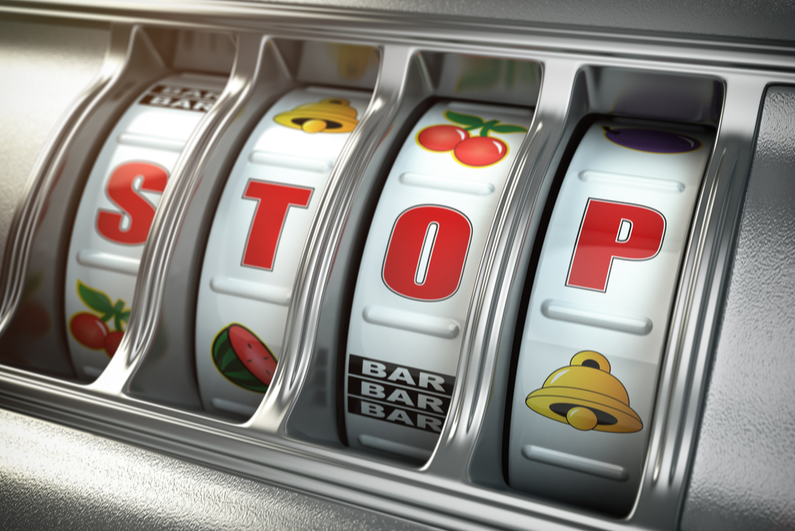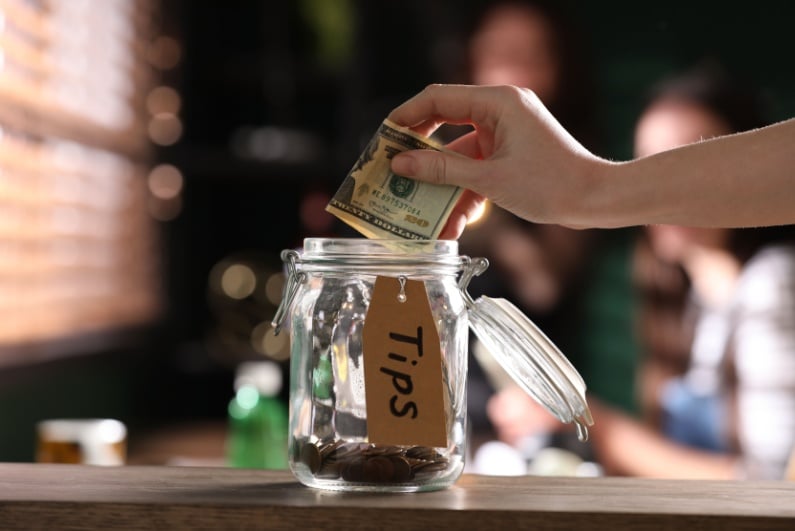Lack of awareness
Bill Moyes, chair of the UK Gambling Commission, has warned the NHS about its spending on treating problem gamblers. In an interview with Health Service Journal, he said the NHS was sidelining gamblers in need of help because many doctors lack the knowledge to help them.
Moyes told the NHS: “You’ll be surprised to see how much you’re spending on gambling-related conditions. Even within mental health trusts, a lack of awareness and training means that quite often the focus will be on the co-morbidities to gambling rather than gambling itself.”
He said this showed the NHS needed to consider more deeply how to tackle gambling addiction issues and how to apply its decisions “in the clinic, surgery [and] trust.” Gambling addiction, he said, was a factor in one of ten suicides.
Hidden cost to health service
The most recent figures compiled by GambleAware suggest the annual cost to the NHS of gambling addiction is as high £1.2bn ($1.5bn). The charity, which helps fund treatments for problem gamblers, commissioned a study in 2016 to look at the burden on the health service.
The survey suggested that “problem gamblers cost the government between £260m ($331m) and £1.2bn ($1.5bn) per year.” It broke down the costs as follows:
- hospital inpatient services (£140m–£610m; $178m-$776m)
- mental health primary care (£10m–£40m; $12.7m-$50.9m)
- secondary mental health services (£30m–£110m; $38m-$140m)
- welfare claimant costs and lost labor tax receipts (£40m–£160m; $50.9m-$203.5m)
- statutory homelessness applications (£10m–£60m; $12.7m-$76m)
- imprisonment (£40m–£190m; $50.9m-$241.7m)
GambleAware added that just 0.4-1.1% of the adult population are considered problem gamblers, illustrating the shocking cost to the UK.
Not enough treatment centers
Currently, England has only one center specializing in treating the UK’s estimated 400,000 problem gamblers. It is in London. A second clinic, which was due to open last April in Leeds, has been delayed.
Moyes said: “At the moment there is a very small number of residential facilities [for gambling addicts], there’s some telephone counseling lines, but the scale of provision doesn’t match the scale of need.”
The NHS long-term plan is to expand support services for problem gamblers. The government committed an additional £2.3bn ($2.9bn) NHS funding, 10% of which is earmarked for mental health. Among problem gamblers, 60% suffer from depression and 13% have attempted suicide.
Moyes added: “One of the things I will be encouraging the public health contributors to do is to try to [analyze] what kind of interventions are appropriate in which circumstances and to get a sense of what is cost effective.
“We’ve got to understand the economic impact of gambling harm and we’ve got to try to get some balance between what we spend on that and intervention, prevention and treatment. We want the NHS to be really thoughtful about the kind of things it should and could offer for different types of problem gambling.”
Funding support services
GambleAware needs around £10m ($12.7m) a year to provide its services and relies on voluntary contributions from the gambling operators to make up that sum. The voluntary levy is set at 0.1% of revenues to go to organizations that help people with gambling addiction.
However, there have been widespread criticisms that the operators pay only lip service – in the year ending March 31, 2017, they handed over a mere £8m ($10.2m) in goodwill donations, whereas the o.1% levy should have generated £13.8m ($17.6m).
The charity has also benefited from the Gambling Commission’s recent wave of punitive fines against gambling operators that breach regulations. In the last 12 months, GambleAware received a top-up of £7.3m ($9.3m) from the fines.
However, the Gambling Commission said in a review in February that GambleAware actually needed funding of between £21.5m ($27.4m) and £67m ($72.5m) to provide sufficient support for addicts and the 2 million gamblers considered to be “at risk.”
Moyes wants treatment for gambling harm to be better funded in the long term. He said: “This [gambling harm] strategy will play out over a decade or more and for it to be really effective you have to have the right kind of funding and a sustainable level of funding so people on the ground can plan.
“Our position is that the government has the powers to introduce a statutory levy [on the gambling industry] and we think they should now give that some thought – but if they’ve got better ideas, fine.”
Last year, the NHS also said Facebook, Instagram, and other social media should contribute to the cost of treating mental health issues, including gambling addiction. Much recent research shows that social media use can be immensely damaging to children and young people’s mental health.




